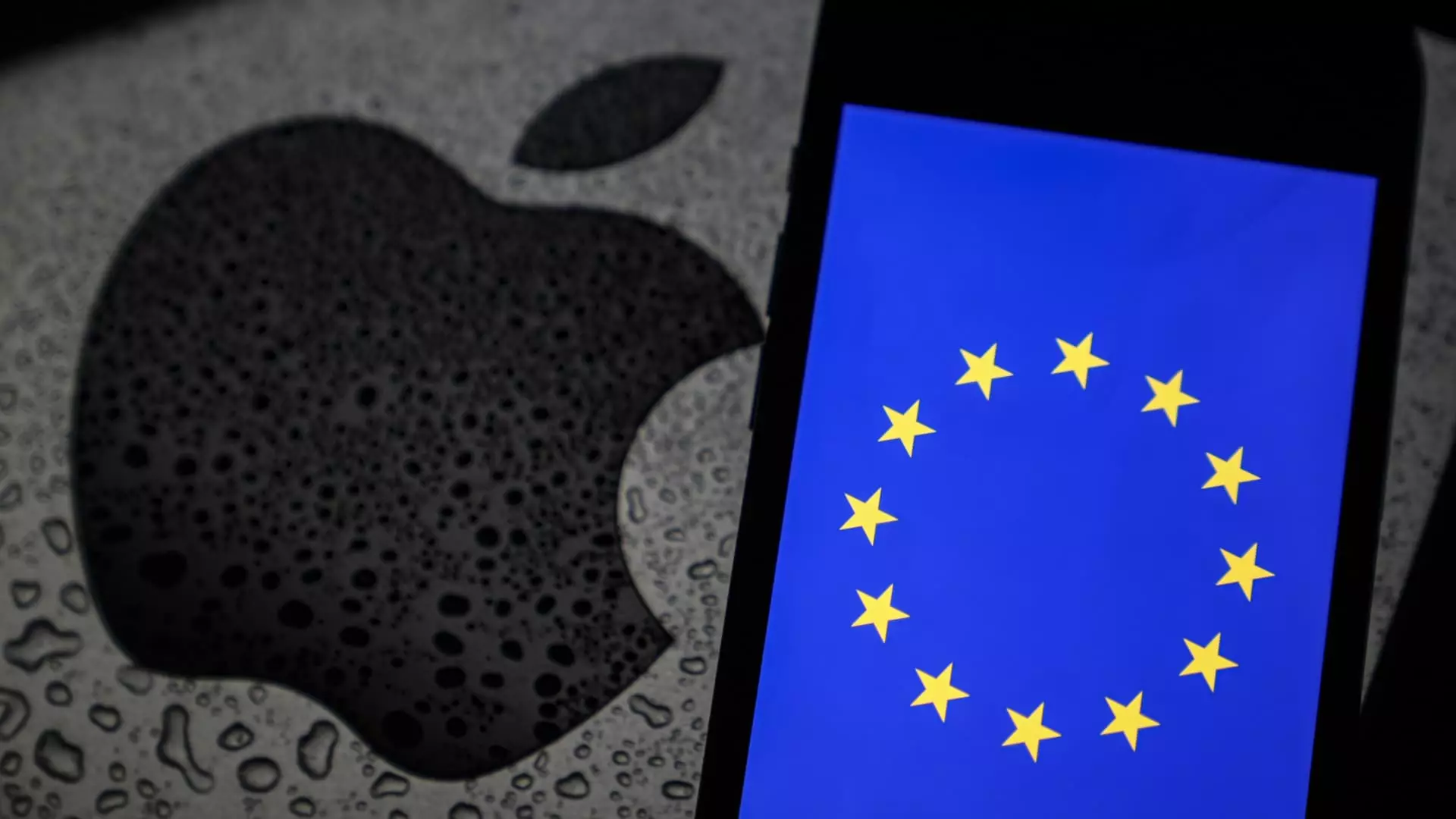Recently, the European Union antitrust regulators announced their decision to accept commitments from Apple to allow access to its tap and go payments technology to rivals. This decision comes after a four-year-long investigation into Apple’s practices regarding mobile wallets on iPhones. The acceptance of these commitments is expected to bring significant changes to the mobile payments industry, promoting competition and innovation.
EU antitrust chief Margrethe Vestager highlighted that the commitments offered by Apple address the preliminary concerns raised during the investigation. These concerns revolved around the potential illegal restriction of competition by Apple, particularly in relation to the use of Apple Pay and tap and go technology. By allowing rivals access to NFC technology, key iPhone features, and the option to set any wallet as the default, Apple aims to create a more level playing field in the market.
Earlier this year, the European Commission conducted market testing to gather feedback on Apple’s commitments. After assessing the feedback received, the commission concluded that the final commitments made by Apple adequately address the concerns raised during the investigation. These commitments have now been made legally binding on Apple, signaling a significant shift in how the tech giant operates in Europe.
Vestager emphasized that the acceptance of commitments will benefit both competitors and consumers. By allowing competing wallet developers access to tap and go payments technology, Apple is fostering innovation and choice in the market. This move is expected to open up new opportunities for developers while ensuring that payments remain secure for consumers. Additionally, all developers will be able to offer mobile wallets for iPhones with tap and go technology, leading to greater diversity in the market.
Apple now has until July 25 to implement the commitments, with the changes set to remain in effect for ten years. This timeline gives Apple the opportunity to adapt its practices and facilitate greater competition in the mobile payments space. While there will be no immediate changes to Apple Pay or the Apple Wallet, the long-term impact of these commitments is expected to reshape the mobile payments landscape in Europe.
The acceptance of commitments from Apple by EU antitrust regulators marks a significant milestone in the mobile payments industry. By promoting competition, innovation, and consumer choice, these commitments set the stage for a more dynamic and diverse marketplace. As Apple works towards implementing these changes, the impact on competitors and consumers is likely to be substantial, paving the way for a more inclusive and competitive mobile payments ecosystem.


Leave a Reply